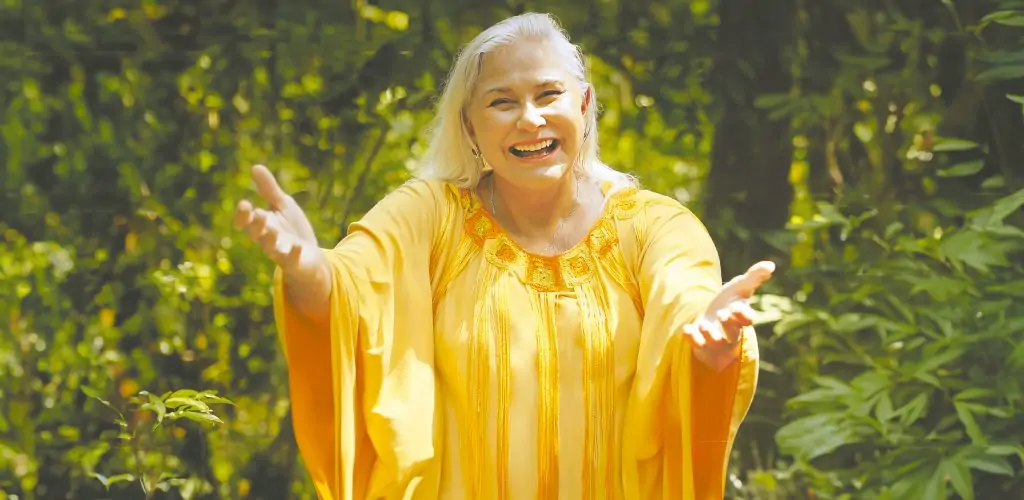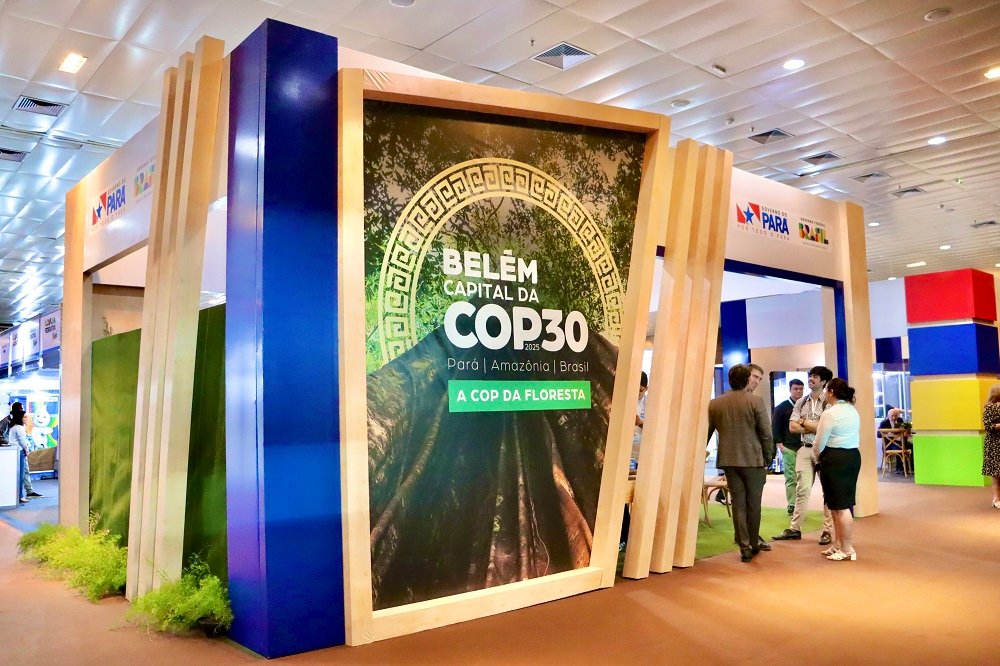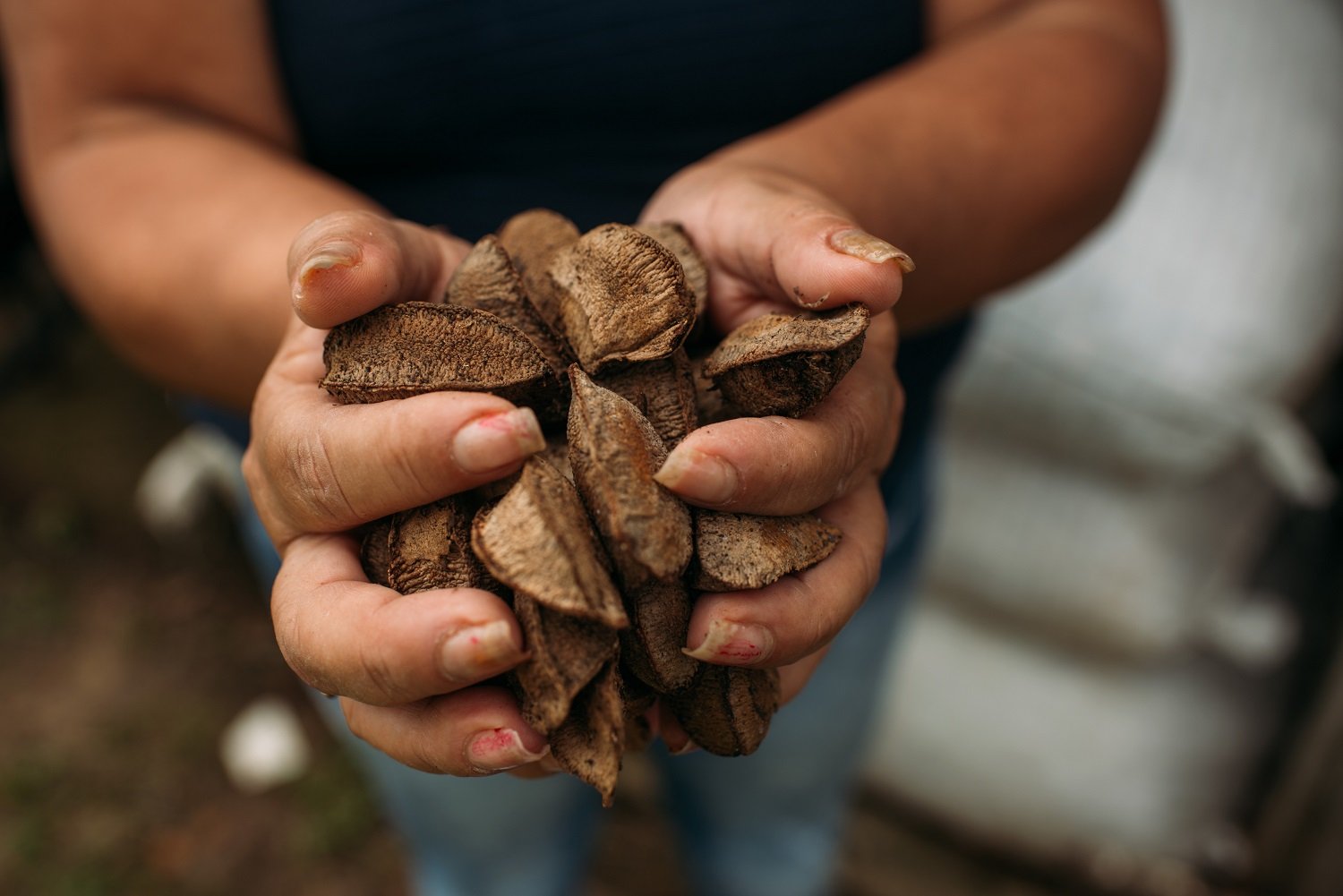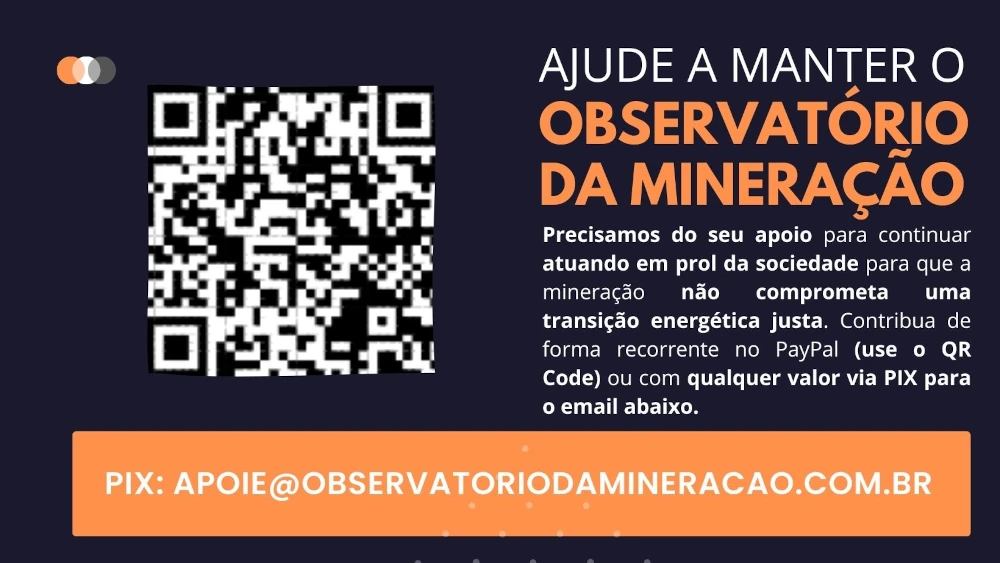Original story by The Mining Observatory translated and published by Mongabay
Everything about Vale is huge: It’s the largest mining company in Brazil and the second-largest in the world; it operates the largest iron ore mine on the planet in Carajás, in the state of Pará. And now the company has plans for mineral exploration in several indigenous territories in the Amazon.
Data obtained via the Access to Information Act reveals that Vale has 236 applications filed with the National Mining Agency to prospect mainly for gold in the Legal Amazon, the nine Brazilian states in the Amazon Basin. Many of them are applications for research, the first step to seeking authorization for exploration.
The company’s plans comprise 214 applications in 13 different indigenous territories. As established by Article 231 of the Constitution, mining in such areas can only occur if first sanctioned by Congress and after hearing from the affected communities.
The administration of President Jair Bolsonaro, however, has a proposal prepared to authorize mineral exploration on indigenous territories, which is expected to be sent to Congress any day now, as confirmed by the minister of mines and energy, Bento Albuquerque.
Rodrigo Maia, the president of the Congress, has declared he would shelve mining proposals on indigenous territory. But the pressure to do otherwise is intense and longstanding, embodied by an administration that is openly anti-indigenous, whose president has declared he has “prospecting in [his] blood,” and which lobbies in favor of large corporate mining interests. The Ministry of Mines and Energy declined to respond to Mongabay’s request for comment.
Eye on the gold
Among the 236 requests filed by Vale, those that most stand out are for the Trombetas/Mapuera Indigenous Reserve, located between the states of Roraima, Amazonas and Pará, with 68 applications; the Munduruku Indigenous Reserve, located in Pará, with 52 applications; the Xicrin of the Catete River Indigenous Reserve (Pará) with 37; Kayabi (Pará) with 35; and Mengraknoti/Baú (Mato Grosso/Pará) with 26.
More than 90% of the requests refer to the solicitation and authorization for research and the application and concession for mining to prospect for gold. But there are other minerals on the list too, including nickel, tin, lead, copper, manganese, diamonds, beryllium, silver, and platinum.
In an interview, Edinho Souza, vice coordinator of the Indigenous Council of Roraima, said he was not aware of Vale’s interest in the Trombetas Indigenous Reserve, but that the indigenous peoples’ position to deny any mineral exploration is categorical.
“In terms of the indigenous movement, we have no interest in mining on indigenous lands. For us, this is a foretold tragedy. It will directly affect our lives with an extremely large environmental impact. We view this as a total disaster. There isn’t the slightest interest in even discussing the idea of regulation,” he said.
Souza also pushed back against Vale’s record and recalled that the Bolsonaro administration often sought to co-opt indigenous individuals who do not hold positions of representation within indigenous communities.
“We’re aware of Vale’s track record and that of the administration itself with this caucus giving carte blanche to a company that is criminal, considering what happened in Mariana and Brumadinho,” he said. “With this incentive from the government, we’re now seeing a growing wave of violence, of raids, of prospectors who believe they can prospect in any part of the state. Sometimes Bolsonaro even uses an indigenous relative of his to claim that we’re in favor of the prospecting.
“Remember: this is not the position of the indigenous peoples as a movement.” Souza added.
Read the full story here.
Original story published by The Mining Observatory
Descubra mais sobre Observatório da Mineração
Assine para receber nossas notícias mais recentes por e-mail.




